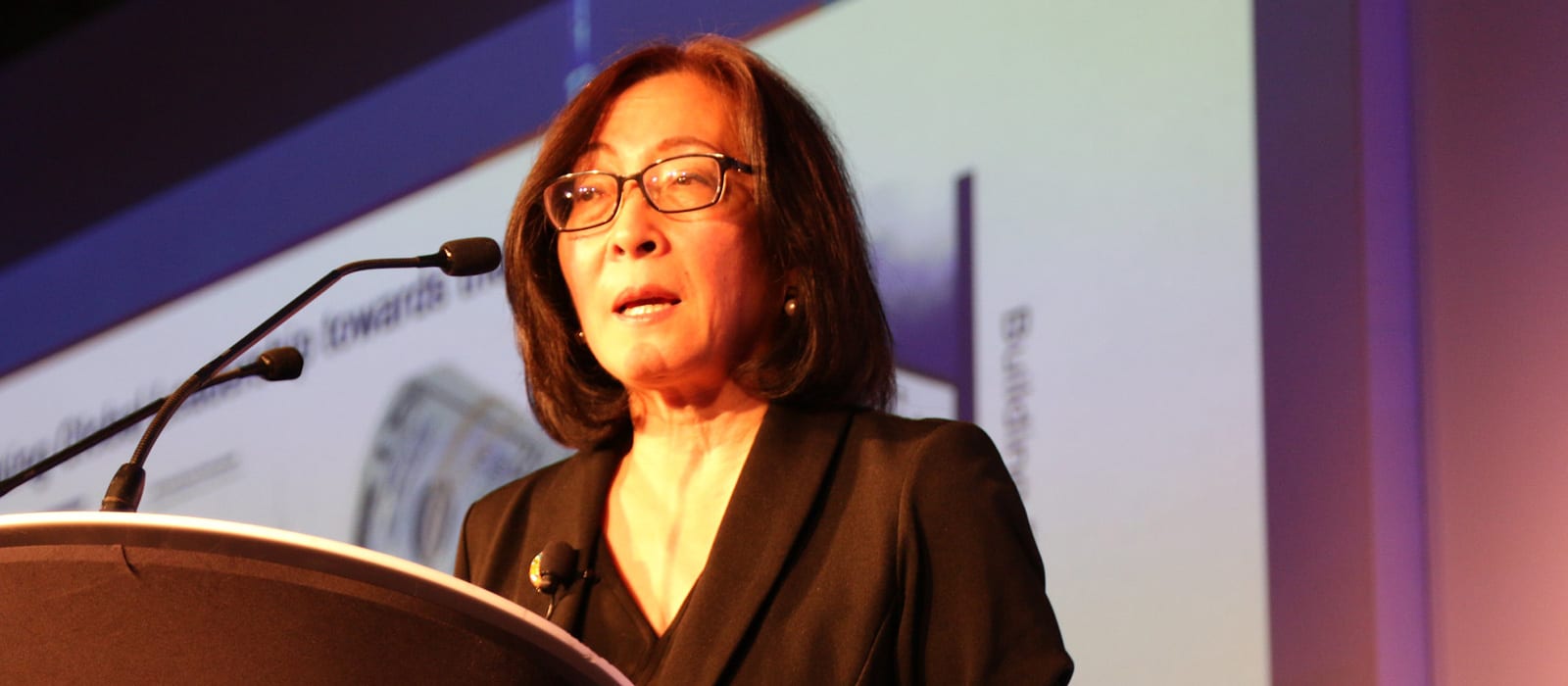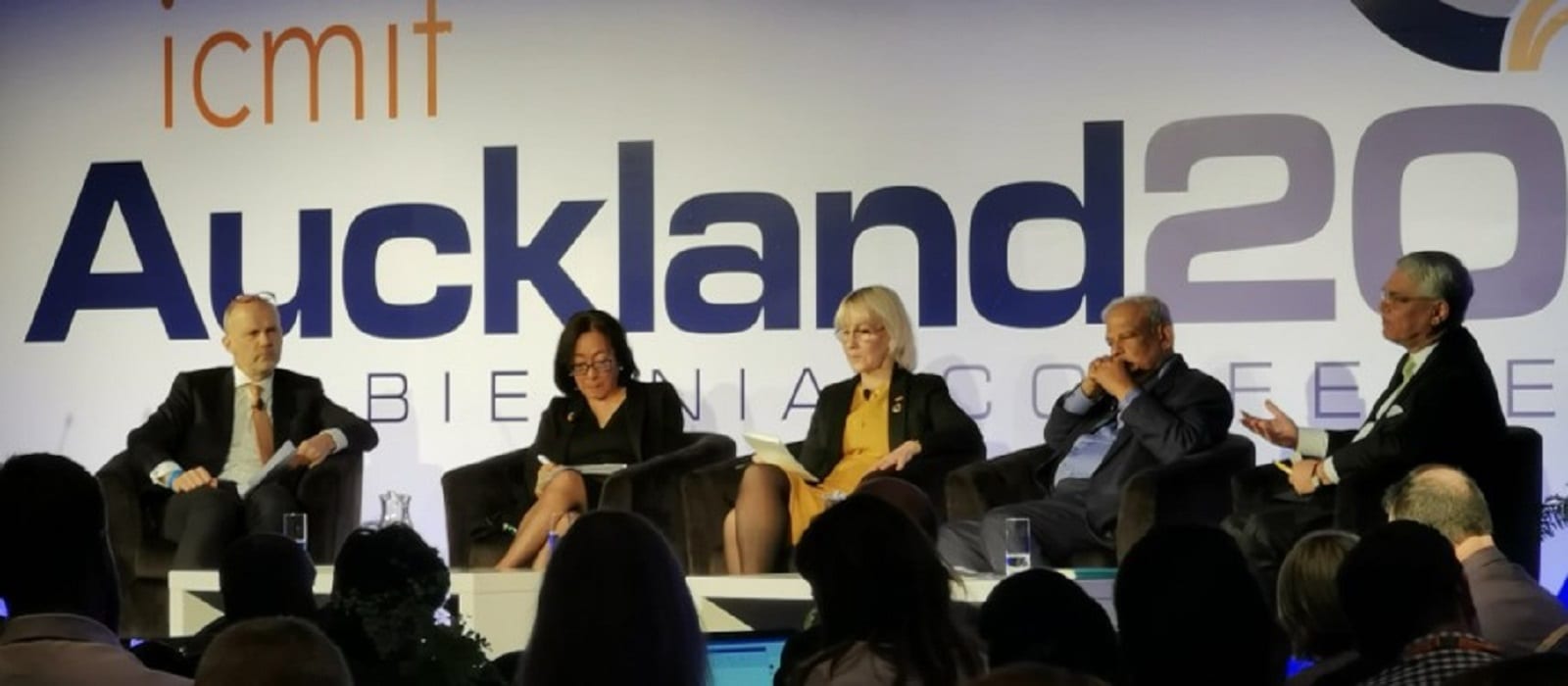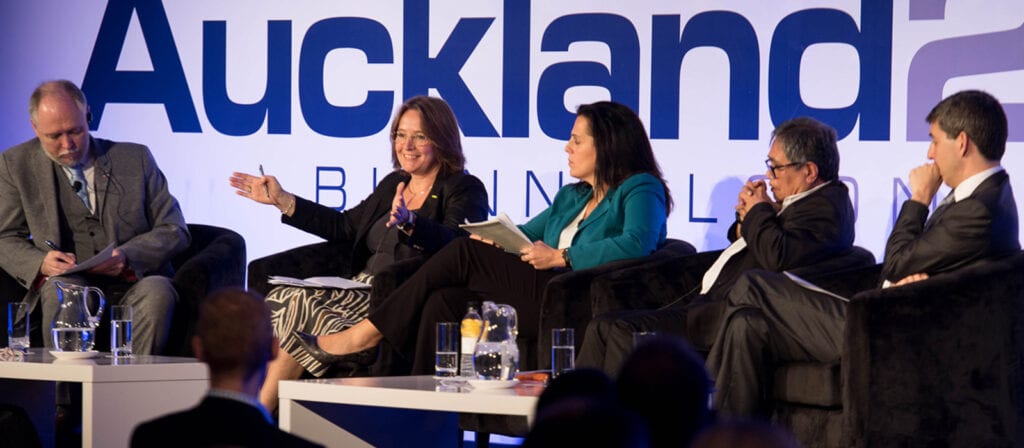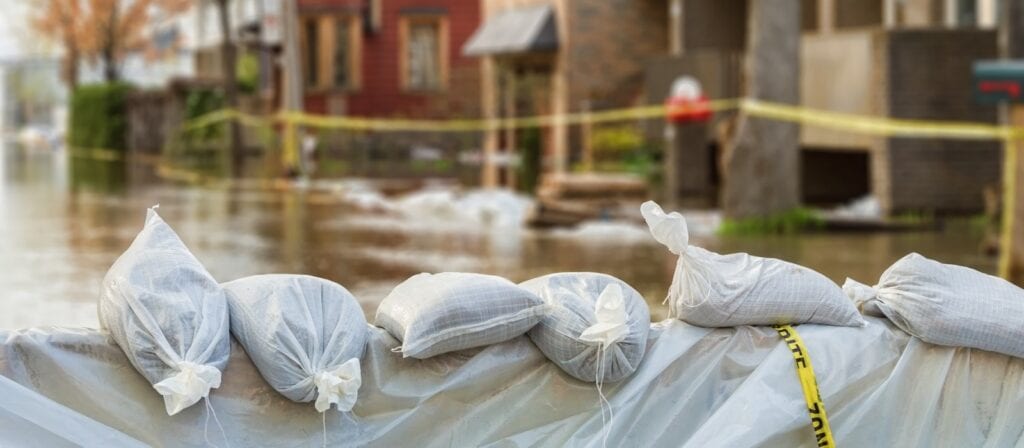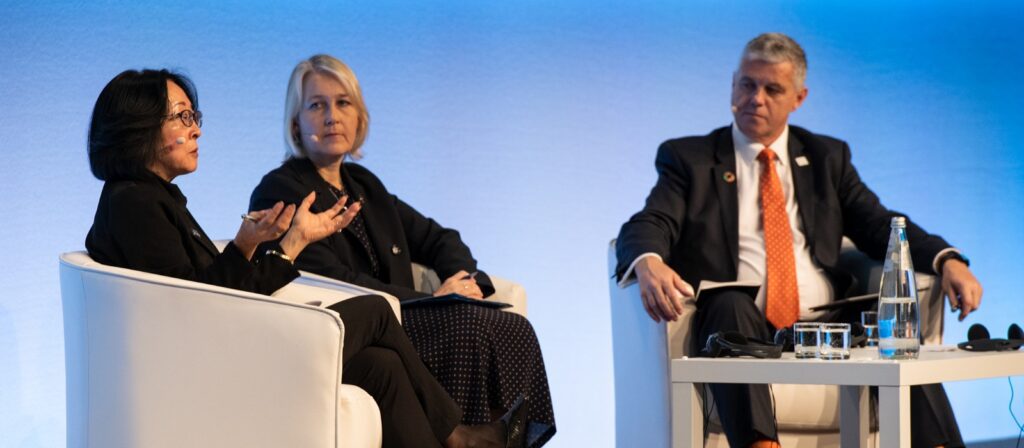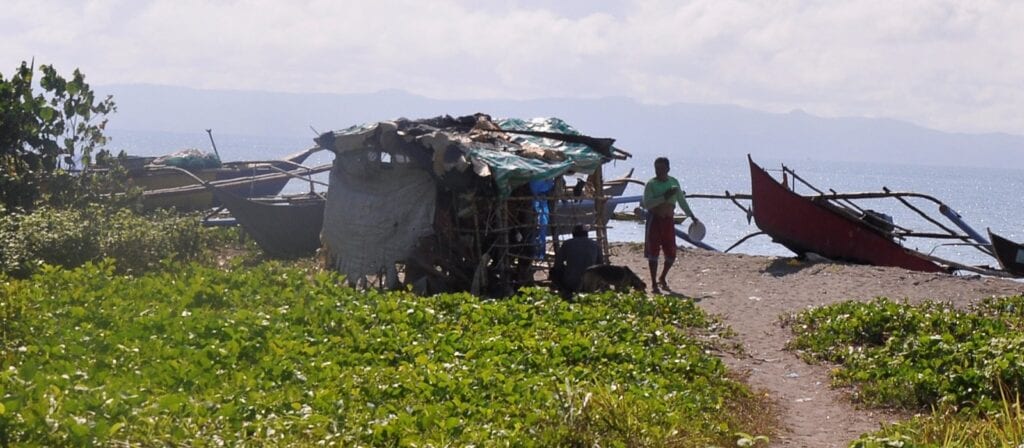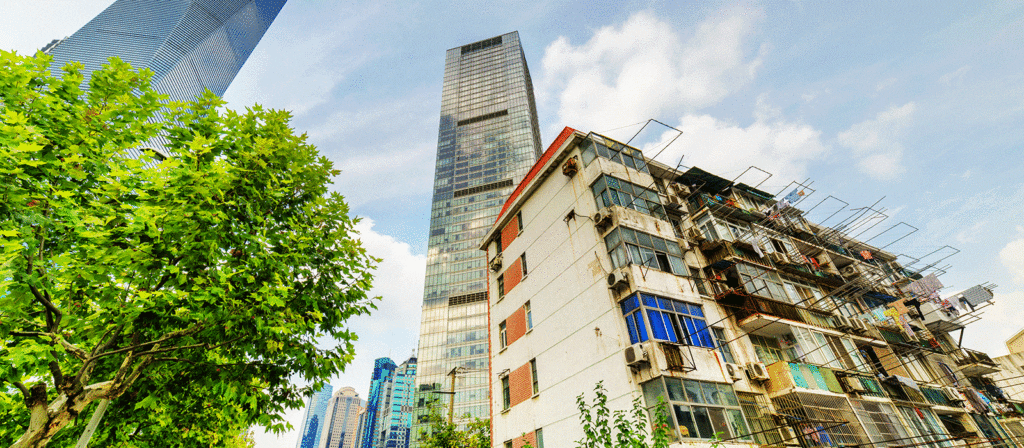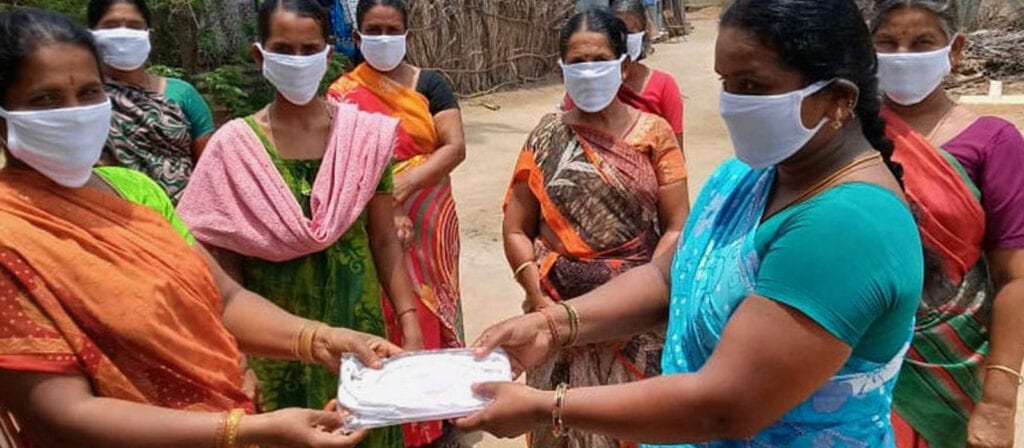Risk reduction and resilience is not just about communities, but a business case to ensure the prosperity and longevity of the cooperative/mutual sector. Every year, climate- and weather-related disasters push 26 million people into poverty. The risk landscape continues to change rapidly and our historic knowledge of risk no longer applies. Continuing to create exposure and vulnerability in a world that sees stronger and more frequent disasters, has the strong probability of rendering large parts of this globe uninsurable. In an increasingly complex, interconnected and cascading risk landscape, a new approach to risk and resilience is required.
Disaster management mainly focuses on providing relief after disaster strikes and although it is important, it is no longer enough. There needs to be a move from protection to prevention, from risk transfer to risk reduction/mitigation, and from indemnity to resilience. Engagement from community level is crucial, which gives community-focused cooperative/mutual insurers a comparative advantage and opportunity to show global leadership. The partnership between the UN Office for Disaster Risk Reduction (UNDRR) and ICMIF is seeking to create a prevention framework for the sector. This is based on best practices and lessons learned, leading to recommendations for tools and guidance to support cooperative/mutual insurers wishing to contribute to the achievement of the SDGs.
The mutual insurance model offers the most fitting solution to solve the world’s problems. Managing unknown risks is precisely what insurers have always done, and mutuals also enjoy a unique position of trust with consumers because they seek to understand their concerns. While the financial services industry typically seeks to maximise investment returns, consumers should be asked how they wish to balance them against future social/environmental outcomes. Developed countries enjoy certain benefits, such as the additional protection from the reinsurance industry. Risk assessment is the core competence of insurers, but to move the insurance industry from protection to prevention and build more resilience at the global level, there needs to be industry-wide collaboration.
In emerging markets, insurance education is the most important issue. Understanding the role of (micro)insurance is a first step, but convincing regulators remains a challenge. Building resilience requires a collaborative approach, involving a range of stakeholders, including governments and consumers. Progress can only be made by empowering people to take control of their own life, and accelerated through education and suitable infrastructure.
Public-private partnerships have also played a vital role in post-disaster recovery in emerging markets. Community mapping and disaster mitigation could be supported by linking granular data held by insurers with satellite data held by national and global bodies. Technology is not, however, a panacea when disaster strikes, so realism about its impact after an event is needed.
Session panellists:
- Mami Mizutori, Special Representative of the Secretary-General for Disaster Risk Reduction, United Nations Office for Disaster Risk Reduction (UNDRR)
- Ann Sommer, CEO, Länsförsäkringar Sak (Sweden)
- P.A. Kiriwandeniya, Chairman, SANASA Insurance Company (Sri Lanka)
- Graham Clark, Chief Executive, Asia Affinity (Hong Kong)
- Philippe De Longueville, Member of Management Committee, P&V Group (Belgium) moderator
